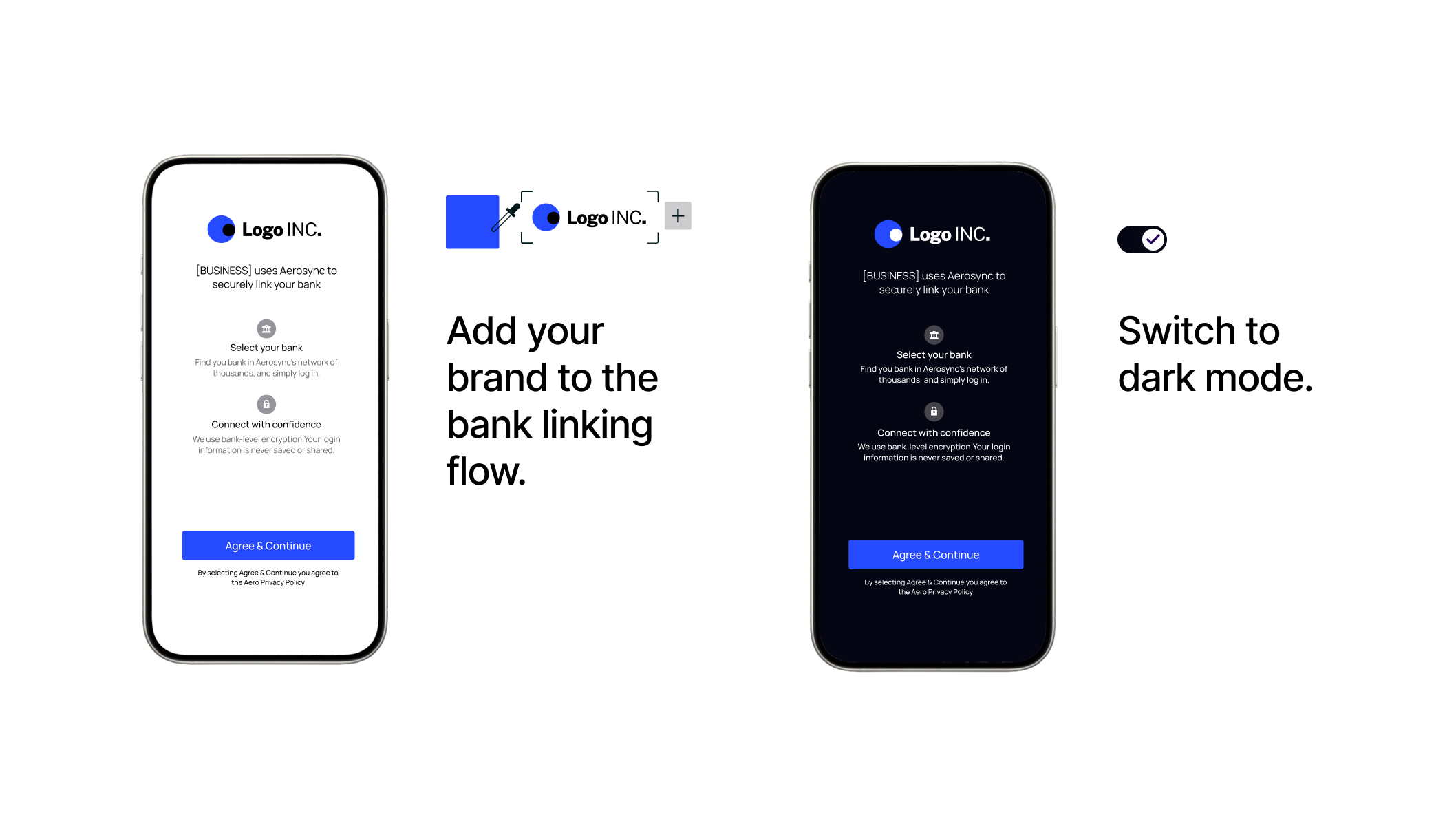The best gaming payments options for US operators


Sportsbooks, sweepstakes, and daily fantasy sports platforms are trending up as more gamers and operators enter this growing market.
In fact, nearly 80% of Americans now wager on sports, according to a recent study.
To responsibly capitalize on the surge in user demand and regulatory momentum, online gaming operators need payment solutions built for speed, compliance, and trust.
Your deposit methods and withdrawal times can be the difference between a player adding funds or leaving your platform for good.
If you’re reading this, you’re interested in building a payment experience that players will enjoy. But you also need affordability, flexibility and control to scale efficiently and protect your margins.
Read on to learn how gaming industry operators can build an optimal payment processing stack to eliminate in-game friction, increase first-time deposits, and significantly improve player retention rates.
There are several popular ways for iGaming players in the United States to add and withdraw funds on their preferred platform.
Successful gaming companies look for key features like flexibility, accessibility, and transparency with their payments.
Below are the most common types of iGaming payments:
Pay by bank lets players fund and withdraw using their bank accounts. It's the most effective payment method for instant in-game deposits and withdrawals.
Here’s how pay by bank works:
.png)
For deposits, funds are transferred via ACH rails. Money is immediately available to play and settles Same Day for 80% of transactions.
For withdrawals, funds can be paid out to over 8500 eligible banks instantly using real time payments rails like FedNow and RTP. This supports the 79% of gamers who prefer instant disbursements.
Benefits for gaming operators:
💡 Read next: The insider’s guide to pay by bank.
Cards such as Visa and Mastercard, are among the most popular payment methods globally.
By linking a card, players can add funds directly to their gaming platform of choice. In some cases, they’re also able to withdraw funds back to the account associated with that card.
Keep these details in mind when considering card options for your platform:
💡 Read next: Pay by bank vs. cards
Digital wallets like Apple Pay, Google Pay, and PayPal provide a secure and convenient way to store and use funds online without exposing bank or card details to third parties.
They’re effective for gaming companies looking to expand their payment offerings, but there are still some downsides to take note of:
Cryptocurrencies like Bitcoin, Ethereum, and Litecoin offer a decentralized payment method for industries like ecommerce and mobile gaming. Transactions are recorded on a blockchain, ensuring transparency and security.
This is a solid, anonymous, and low fee option for funding/withdrawing funds from gaming accounts.
The downside with crypto is its associated volatility and complexity. This increases risk for players and operators.
Pay by bank is the most efficient, secure, and affordable payment method for gaming operators looking to enable embedded online deposits and withdrawals on their platform.
In other industries, pay by bank may be considered an alternative payment method. But in gaming it’s often the preferred payment platform.
Keep reading for a list of the leading pay by bank providers in gaming.
How you process payments for your gaming operation can impact KPIs like revenue, conversion rate, deposit rate, fraud detection, and compliance.
Before you choose a solution, keep these tips in mind:
Here are the top pay by bank solutions for online gaming payments:
Aeropay is the only fully in-house, end-to-end pay by bank solution built specifically for US iGaming operators.
The entire Aeropay platform is designed to enhance the gaming experience while providing operators with flexible control over the costs, approvals, and risk associated with online payments.
The system is modular but tightly integrated; onboarding, verification, payments, and recovery all happen within a single, intelligent flow.
Here’s a breakdown of the Aeropay platform:
🔗 Sync - seamless, customizable bank linking
Branded user onboarding with direct connections to over 12,000 financial institutions.
New players link their account in under 20 seconds using a fully branded flow. Sync supports extensive longtail FI coverage and delivers up to 25% higher conversion rates than traditional flows.
⚡ Pay - fast funding and instant payouts
Players add funds quickly and securely with guaranteed settlement.
Aeropay enables instant withdrawals via FedNow and RTP rails, and one bank link powers all future transactions to remove friction and improve retention.
🔍 Guard - intelligent risk model w/ 90%+ acceptance
Intelligent risk decisioning purpose-built for gaming.
Aeropay’s in-house risk engine learns from behavior across its entire network to achieve 85-90% approval rates while proactively reducing fraud and returns.
🛠️ Fix - automated recovery
Automated recovery and support. When a transaction fails, Aeropay uses smart retry logic and built-in end-user support to resolve issues in real time—recovering over 60% of failed payments without manual intervention.
There's a reason is often named a leading iGaming payment solution.
Founded in Sweden, Trustly has established itself as a significant player in the European open banking landscape, facilitating direct bank transfers for consumers and businesses. In recent years, Trustly has expanded its operations to the US, aiming to replicate its European success.
While Trustly has strong global experience, its US offering isn’t fully designed for domestic needs. It uses third-party partners to complete key parts of the payment flow, which can lead to higher transaction costs and lower approval rates.
Nuvei is a publicly traded global payments provider offering a broad portfolio of payment methods, including pay by bank, cards, and digital wallets. With a strong presence in gaming, Nuvei supports operators across sports betting, iGaming, and daily fantasy sports.
Instead of a unified, in-house stack, Nuvei often depends on third-party platforms for bank linking, identity verification, and payment routing. This patchwork approach can introduce latency, increase costs, and reduce control for operators.
Paysafe is a legacy provider known for its presence in online gaming and digital wallets. In 2024, it launched a pay by bank product in the US, primarily for gaming operators.
However, Paysafe’s solution isn’t full stack and depends on third-party services, which can introduce friction. It also doesn’t offer instant settlement and tends to come with variable, high transaction costs, especially as volume scales.
In online gaming, deposits need to be easy. Withdrawals need to be instant. And if a player gets stuck at checkout, they’ll leave.
Successful gaming businesses prioritize four key areas of payments optimization:
Let’s break them down.
Conversion means getting players over the finish line; from choosing a deposit method to funding their account.

To improve player conversion:
In real money gaming, speed and trust are everything. If your flow feels clunky, players will go elsewhere.
Authentication is your first line of defense against fraud, but it’s also a point where you can lose users.
In iGaming, the key is real-time identity verification that doesn't add friction.
.png)
What to prioritize:
Authentication should feel invisible to the player; fast, accurate, and secure.
Verification happens behind the scenes but it directly impacts revenue.
For gaming platforms, every failed deposit is a missed wager and a (potentially) lost player.
.png)
To improve payment acceptance rates:
Acceptance is where you win or lose. Make sure your system approves the most good payments.
Card payments cost gaming operators up to 50% of each transaction.
Optimizing for cost means reducing those fees without sacrificing performance.

How to save:
Every basis point matters. The right mix of methods and smart risk tools can unlock considerable savings.
The top operators in gaming add Aeropay to grow revenue, protect margins, and deliver a better player experience.
.png)
Leverage user recognition across 5+ million players already using Aeropay.
Wins from our gaming partners include:
Learn more about Aeropay for gaming.